War and appeasement: why a deal with Putin will backfire
US president-elect Donald Trump’s idea to negotiate a swift end to the Ukraine war is unrealistic.
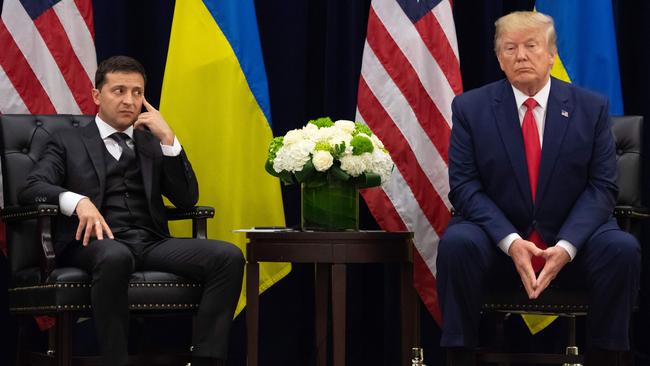
US president-elect Donald Trump’s boast that he will quickly negotiate a deal with Vladimir Putin about Russia’s war with Ukraine is likely to fail. This will be the case even though Ukrainian President Volodymyr Zelensky claimed last week that the war “will end sooner” under Trump.
The question is: in whose favour will it end?
My central concern here is that all this is occurring as the military outlook for Ukraine is grim. How long Ukraine can keep going militarily is uncertain and Kyiv may be unable to resist a demand for a Trump deal. This uncertainty is made worse by nobody knowing what Trump will actually do.
Trump grievously underrates Putin’s determination to win his war at all costs. And Putin will not allow peace talks to get in the way of eliminating Ukraine as a nation-state. He continues to assert that there is no such country as Ukraine. He also makes it brutally clear that Ukraine can never be allowed to be a member of NATO.
This week, in reaction to the US allowing Ukraine to use longer-range missiles (such as the 300km-range ATACMS, or Army Tactical Missile System) to strike deeper into Russia, Putin has promised “an appropriate and palpable response”. But this is not the first time Putin has promised, in effect, a nuclear response.
As NATO’s former secretary-general Jens Stoltenberg has noted: if Putin wants to escalate with the use of weapons of mass destruction, he can create all the excuses he needs but “so far, we have called his bluff”. And the Pentagon has just announced there are no increased signs of a higher level of Russian nuclear alert.
There are, however, different opinions on this contingency. Kim Darroch, Britain’s former national security adviser, warned that allowing the UK’s long-range Storm Shadow missiles to be fired by Ukraine into Russia “risks a major escalation of the conflict”.
So, after almost three years of war, Putin’s views are in fact even more – not less – expansive. According to Anne Applebaum, a leading Russia expert, Putin is fighting not only to destroy Ukraine as a nation but he also wants to show that America, NATO and the West are weak and indecisive, regardless of who is the US president.
Putin believes he and his “closest friend”, Chinese President Xi Jinping, are the world’s leading authoritarian powers, increasingly powerful militarily and attractive not only to North Korea and Iran but also to many of the so-called global south countries.
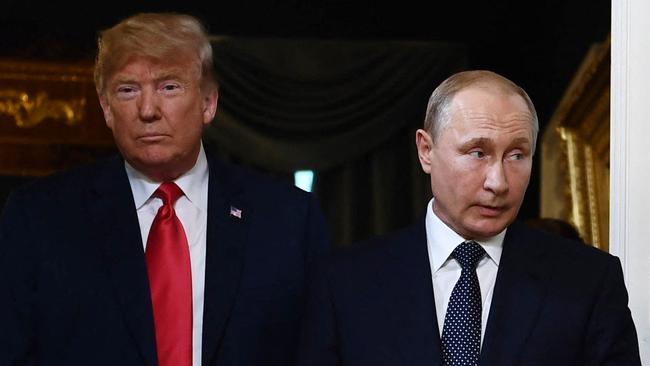
\More than 70 per cent of Russians now are apparently of the view that the West, led by NATO and the US, is seeking to fundamentally destroy Russia. A large majority of Russians allegedly now see the West as an existential threat to the Russian motherland. So, Putin is about winning much more than a war with Ukraine.
Then there is the question of Putin’s personality. Unlike Trump, Putin has been Russia’s dominant authoritarian leader for practically a quarter of a century now. And there is no sign – at least foreseeable – of any credible opposition to him. He recently has implied that China and Russia have created a new geopolitical concept for world order that is stronger than a confused and inward-looking US.
As a former KGB officer, Putin was trained to believe the “correlation of world forces” is logically moving towards Russia’s national interests because of the collective weakness of the West.
According to Alexander Gabuev, director of the Carnegie Russia Eurasia Centre in Berlin, “The sad truth is that the fight against the West has become the organising principle of Putin’s regime and has created too many beneficiaries to be abandoned any time soon. Trump or no Trump, Russia’s foreign policy will be guided by anti-Americanism for at least as long as Putin is in the Kremlin.”
Gabuev goes on to argue that mistrust between Russia and the West will outlast the Trump era. He also argues that while the Kremlin remains guarded in its official expectations of the new US administration, the hope in Moscow is that Trump’s presidency will be “a gift that keeps on giving”.
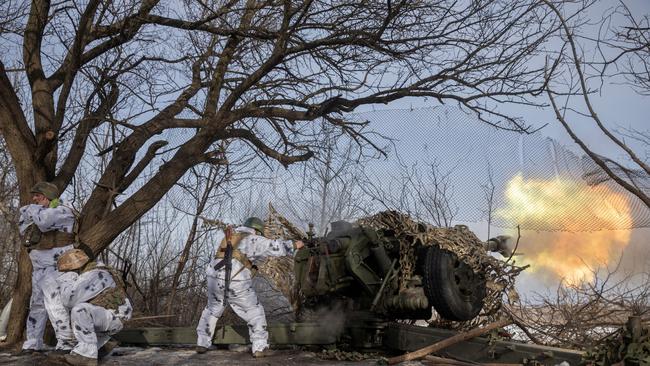
This is because Trump has pledged to end the war in Ukraine quickly and the main fear in Western capitals is that he will drastically reduce military support for an embattled Ukraine – greatly to Russia’s advantage.
But Trump’s anxiety to reach some form of a deal on Ukraine next year will not eliminate the root causes of the Kremlin’s confrontation with the West.
Rather, it will only confirm in Putin’s mind the lurch of the US to be inward-looking with Trump’s preoccupation to “make America great again”.
This brings us to what form such a Trump deal might involve. Trump’s vice-president, JD Vance, appears to be toying with the idea of an exchange of Ukraine territory for a ceasefire. This might involve acknowledging Russia’s current occupation of 18 per cent of the territory of Ukraine – which includes not only Crimea, Luhansk and Donetsk but also Kherson and Zaporizhzhia – in exchange for a ceasefire that will be internationally supervised. By whom? Presumably, Putin will categorically reject the presence of any NATO troops on Russia’s border with Ukraine.
In my view, such a ceasefire and territorial settlement would leave Putin with the freedom to rearm the Russian military with a view to a massive attack when he is ready, which might be aimed at occupying the entire eastern half of Ukraine along the Dnipro River from Kyiv to Odesa.
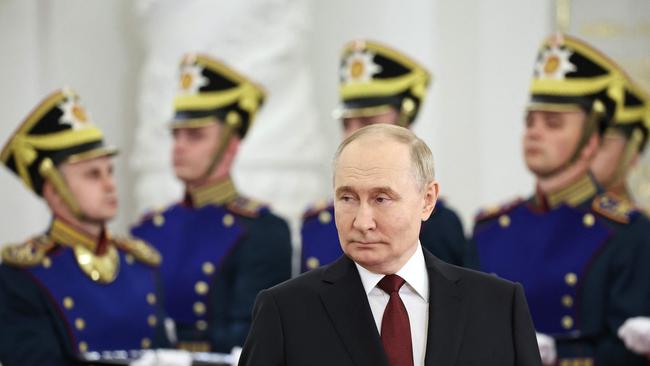
But as Gabuev’s colleague Tatiana Stanovaya observes, no Western leader – including Trump – has a plan for ending the war that would be remotely acceptable to Putin. She says none of the mooted solutions comes close to meeting Russian demands for a pro-Russian government in Kyiv and a NATO that will never admit Ukraine to its membership. There are also many in Moscow who argue that Russia should not squander its current battlefield advantage for the empty promise of talks with Washington.
There are other options being toyed with in Europe. For example, there is the model of West Germany and East Germany after World War II. The latter was a Soviet-occupied puppet regime called the German Democratic Republic, which few countries in Western Europe recognised. It existed cheek by jowl with an independent Federal Republic of Germany, which – unlike the GDR – was internationally recognised and was a key member of NATO. That model existed for more than 40 years until the disintegration of the Soviet Union.
The problem with extrapolating that model to today’s Europe is that at that time the US continued to support NATO through its large Cold War military presence in West Germany for more than a half-century and the US was also undoubtedly the strongest military power in the world. Arguably, neither of these facts exist right now.
Now we face a situation with an America that is decidedly turning inwards in focus. As Charles Kupchan (who was special assistant to the US president on the National Security Council from 2014 to 2017) argues in his book Isolationism: A History of America’s Efforts to Shield Itself from the World, the central question is not whether the US retrenches but whether it does so by design or by default. He considers that the likelier outcome is retrenchment by default – an unplanned and perilous American retreat from global affairs.
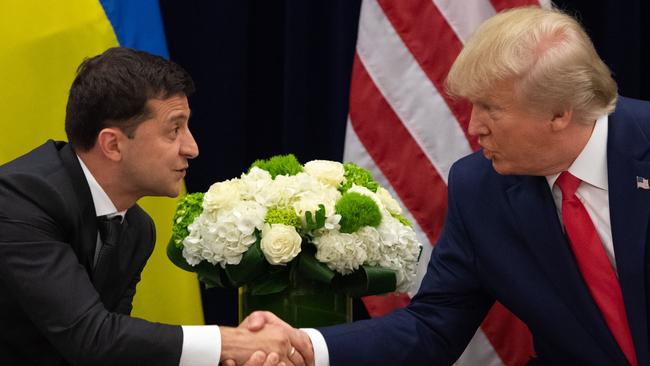
In other words, a disruptive inward turn is now a real possibility for today’s America – more so than when Kupchan’s book was written four years ago. Trump’s clarion call of Making America Great Again may mark “an unplanned and perilous American retreat from global affairs”. And there can be little doubt that Putin is about to test Trump’s mettle in this regard over Ukraine.
After congratulating Trump on his election, Putin implied he would have discussions only if the US initiated talks (he will not talk directly with Zelensky), dropped its economic sanctions and refused to offer any further support for Ukraine. In other words, Putin demands a Russian victory and the complete and utter destruction of Ukraine as a separate country.
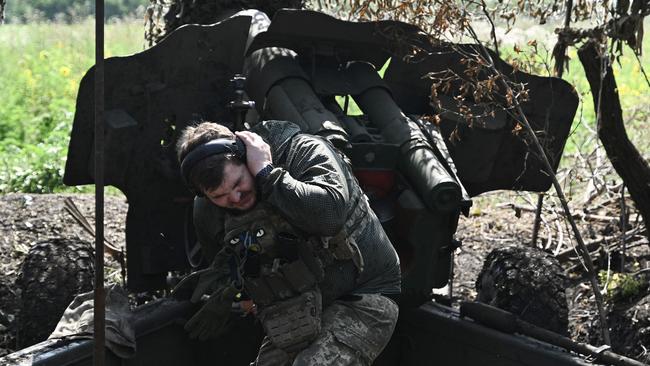
And let’s not pretend that Putin’s ambition to restore Russia’s past empire in the “near abroad” – especially the Baltic countries and Poland – would be satiated if he wins in Ukraine. Far from it: this war in Ukraine is not just some distant territorial dispute, as some members of Trump’s inner circle assert. If things go horribly wrong in Ukraine, we could see a wider war in Europe.
Trump’s idea of negotiating a swift end to the war is unrealistic while Ukraine is fighting an outright invasion for its existence, not just a territorial dispute. Stopping the war now on Moscow’s terms will only further encourage Putin’s highly dangerous adventurism.
Paul Dibb is emeritus professor of strategic studies at the Australian National University. He is a former deputy secretary in the Department of Defence and director of the Defence Intelligence Organisation.

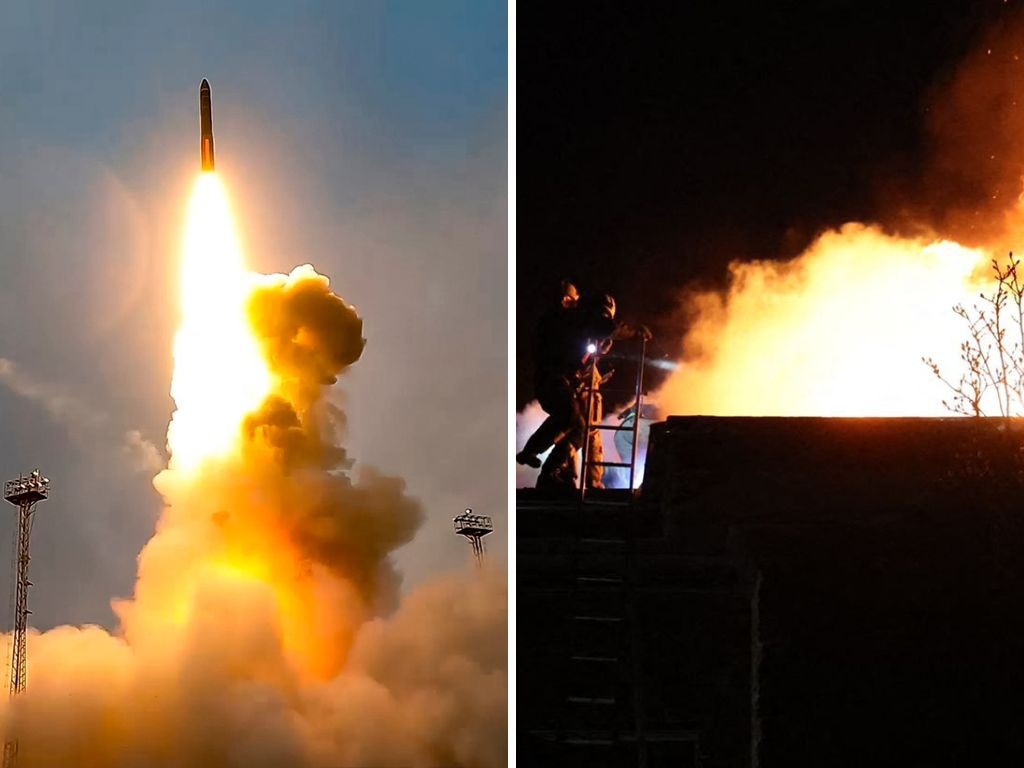

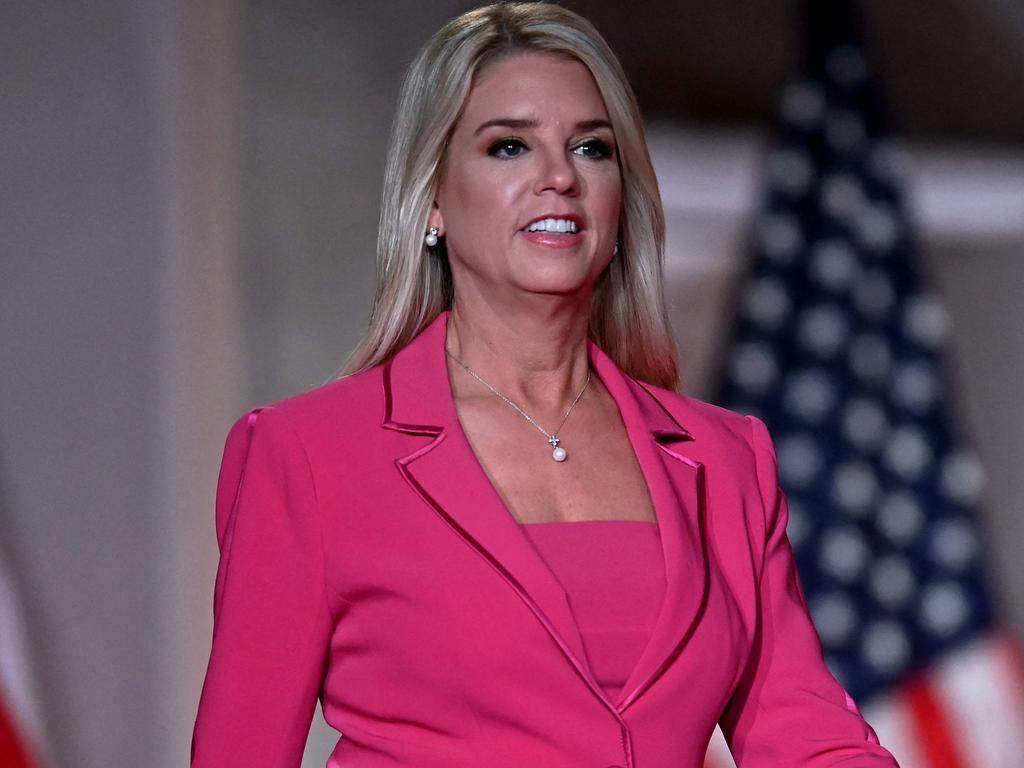
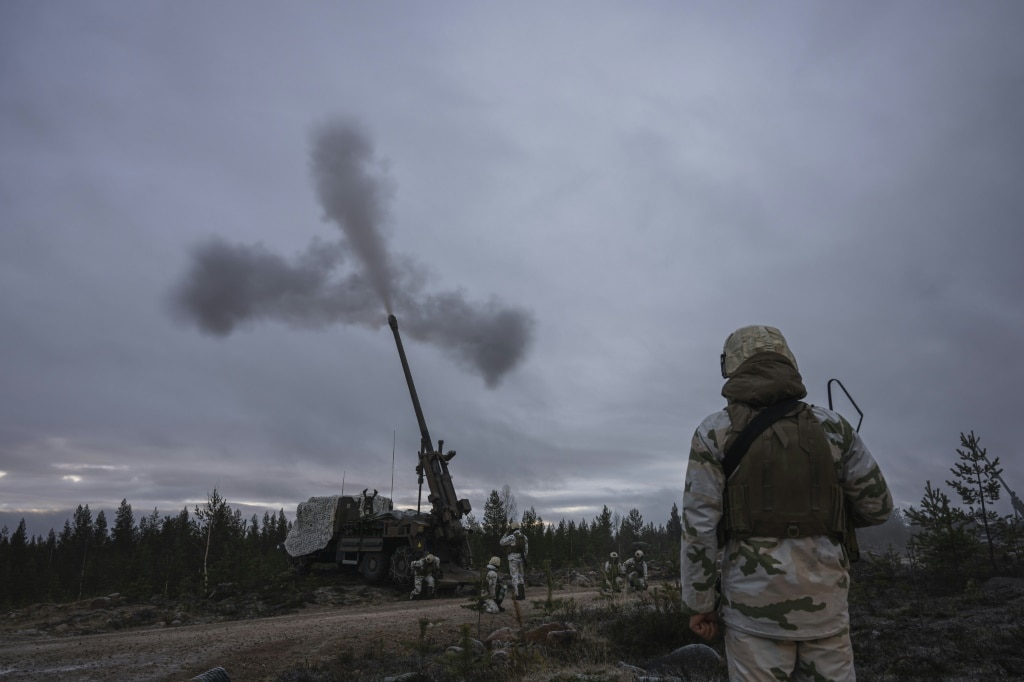


To join the conversation, please log in. Don't have an account? Register
Join the conversation, you are commenting as Logout